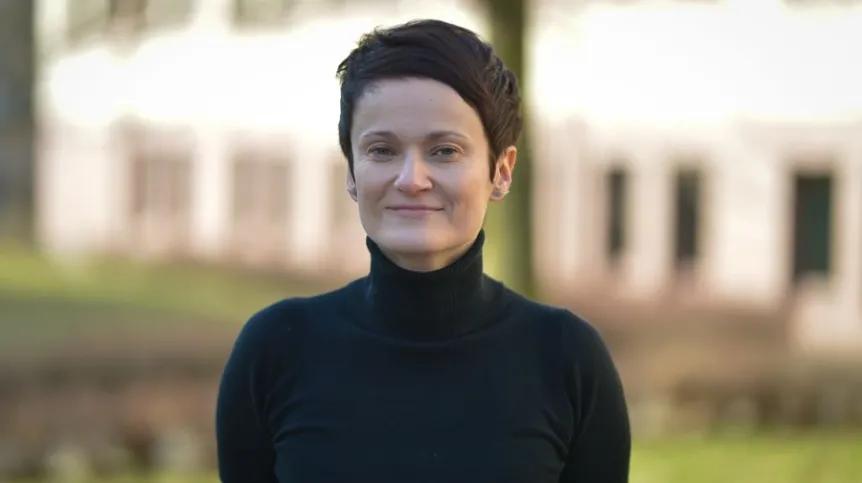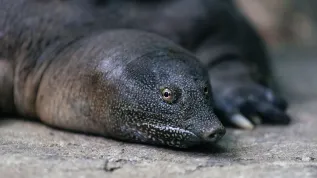
Researchers at the Wrocław University of Environmental and Life Sciences have discovered that superworms are more adept at consuming and digesting plastics than their mealworm counterparts.
The research paves the way for innovative waste processing methods, although it underscores the need for the development of appropriate technologies to harness these findings.
“Plastic waste is a major threat to both our environment and human health, making its degradation a pressing concern,” says Professor Aleksandra M. Mirończuk from the Laboratory for Sustainability, in a recent press release from the university.
She adds, “Insects have demonstrated the ability to consume plastic packaging without adverse effects on their health, prompting our collaborative research with Professor Justyna Rybak from the Wrocław University of Science and Technology.”
The study, published in the esteemed journal Science of The Total Environment, focused on the larvae of two beetle species: the superworm (Zophobas morio) and the mealworm (Tenebrio molitor).
Researchers fed the larvae various types of plastic while closely monitoring the digestion process.
“Our goal was to assess how this unique diet influences intestinal microbiota and whether there were notable differences between the two species,” says Professor Mirończuk.
Preliminary results reveal that while both species possess comparable digestive abilities, superworms exhibited a superior capacity to process larger quantities of plastic.
Remarkably, their unusual diet didn’t hinder their growth or reproduction.
“Superworms demonstrate a formidable potential for biodegradable plastic consumption,” says Dr. Aneta Urbanek.
“Evidence suggests they not only survive on a polymer-based diet but actually thrive and reproduce, underlining their unique biological capabilities.”
According to the researchers, the findings could revolutionize waste management practices; however, the next critical step is developing the technology that will transform this knowledge into practical applications.
(PAP)
PAP - Science in Poland, Michał Torz
mt/ agt/ kap/
tr. RL













